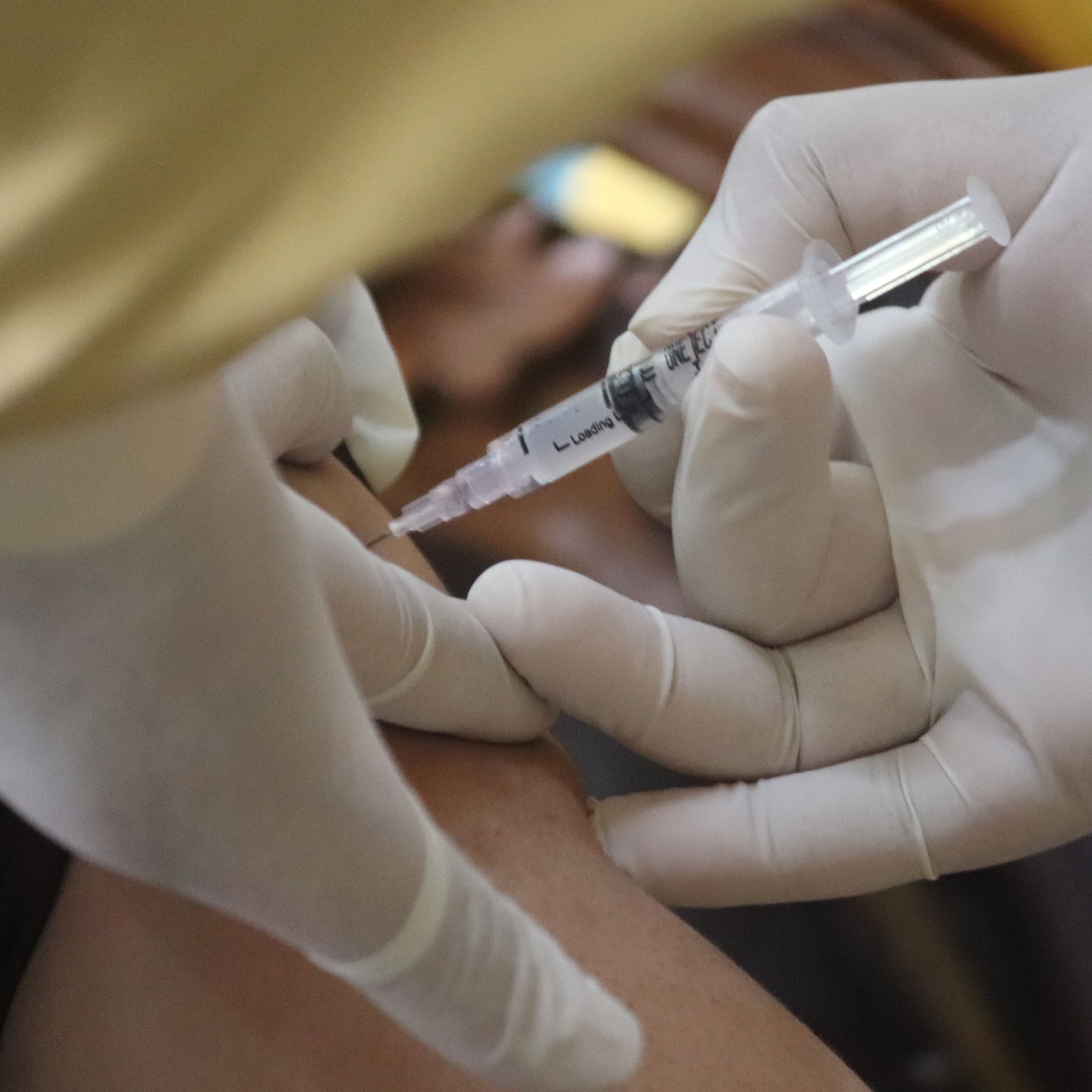Article
Fear May be Driving Down Vaccination Rates
Vaccination rates are falling, and some believe that fear of a link to autism may be at the root of the problem.
A new report from the National Committee for Quality Assurance (NCQA) shows that vaccination rates among two-year-olds covered under private insurance plans decreased by almost four percentage points last year.
At the same time, vaccination rates for children covered by Medicaid increased slightly (by 1%), according to the report, which suggests that commercial child vaccination rates might be lower due to parents’ beliefs that vaccines cause or trigger autism spectrum disorders.
“The drop in childhood vaccinations is disturbing because parents are rejecting valuable treatment based on misinformation,” said NCQA President Margaret E. O’Kane, in a statement. “All of us in health care need to work together to get better information to the public.”
The report, entitled, “The State of Health Care Quality,” found that after years of steady progress, there was a “disturbing” drop in vaccination rates. From 2008 to 2009, immunizations for measles, mumps and rubella fell from 93.5% to 90.6%; diphtheria, tetanus and whooping cough decreased from 87.2% to 85.4%; and chickenpox slipped from 92% to 90.6%.
A possible cause of this drop, said NCQA, is the fear shared by a number of parents that vaccinations could be linked to the development of autism. Although public health experts and government studies have found no evidence of a link, the subject has been subject of intense debate on the Internet and outspoken celebrities have fueled the controversy.
“Vaccination paranoia is out there,” said George Halvorson, CEO of Kaiser Permanente, in a report on Kaiser’s website. However, he also said it is unclear if the one year drop signals a trend.
Roberta Herman, MD, chief medical officer for Harvard Pilgrim Healthcare, a health plan based in Wellesley, MA, said her company has seen the falloff in vaccination. “Parents feel overwhelmed at the current schedule of immunizations,” she told Kaiser Health News. As a result, some parents may be delaying certain shots.
The study, which examined quality data from more than 1,000 health plans that cover a total of 118 million Americans, found that vaccination rates increased in children who were in Medicaid health plans. Medicaid is the state-federal program that covers low-income Americans. Despite the increase, vaccination rates last year were still mostly higher among children in private health plans than Medicaid (for the diphtheria tetanus pertussis, the vaccination rate was about 80% for Medicaid and 85% for private plans).
For more information:
- Report: Vaccination Rates Drop For Kids Covered By Private Insurance
- Fear Worry = Fewer Kids Getting Vaccinated
- Lancet Retracts Controversial Autism Study; Author Under Fire
Although this subject has been heavily debated, it seems parents still lack confidence that vaccinations are safe. How do you address this issue in practice?





